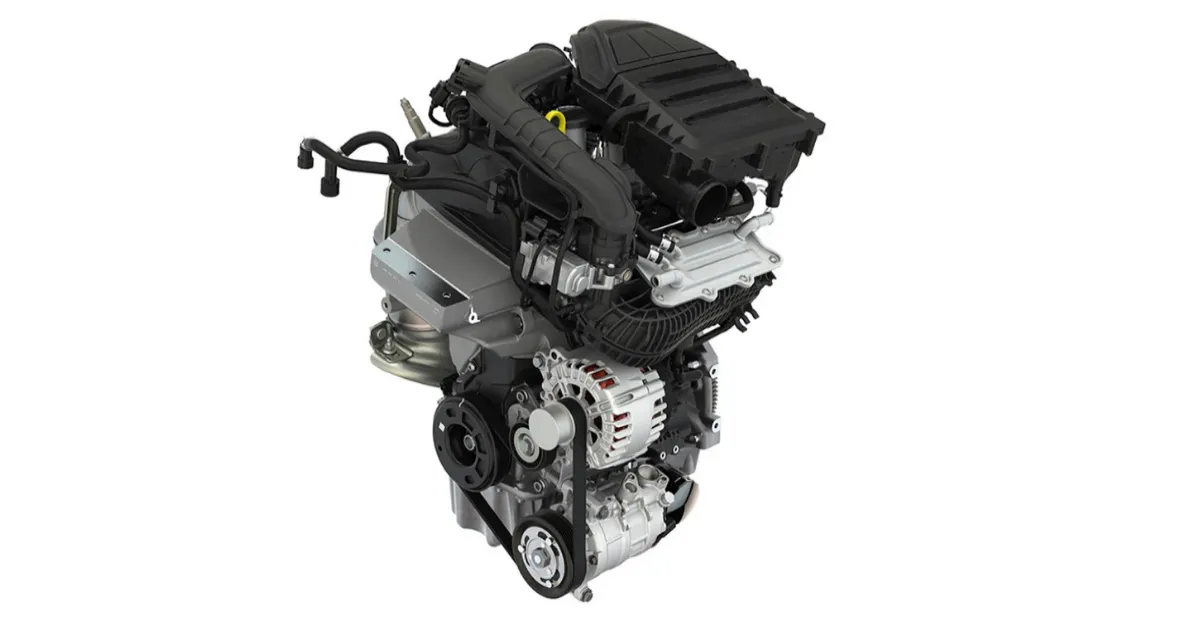Skoda India’s most affordable SUV, the Kylaq, has caught attention not only for its pricing but also for a possible CNG variant. Priced between Rs 8.25 lakh and Rs 13.99 lakh (ex-showroom, pan-India), the Kylaq currently uses a 1-litre turbo-petrol engine.
Now, the brand is quietly testing whether this engine can run on CNG, opening up a cleaner fuel choice for buyers without altering key specs.
Skoda Kylaq at a Glance
Price Range: Rs 8.25 lakh – Rs 13.99 lakh (ex-showroom, pan-India)
Engine: 1-litre turbo-petrol from Skoda Slavia and Kushaq
Power & Torque: 115 PS and 178 Nm
Transmission: 6-speed manual and 6-speed automatic (torque converter)
Since launch, the Kylaq’s 1-litre TSI engine has been its sole powertrain. Both manual and automatic options are offered, and Skoda is keen for customers to consider the automatic variant.
CNG Evaluation: What We Know
In a media interaction, Ashish Gupta, Brand Director of Skoda India, confirmed that a CNG option is “definitely on the table but not at this stage.” He noted: “CNG is an interesting proposition. What we are evaluating right now in terms of CNG is compatibility of our turbo engines with it.” This signals Skoda’s broader intent to introduce CNG across its Indian lineup, maintaining a premium feel even with a lower-running-cost fuel.
Internationally, Skoda has offered turbocharged engines with CNG in models like the Scala, Citigo hatchbacks, and Octavia sedan.
In India, similar setups are less common, but Tata’s Nexon already uses a 1.2-litre turbo-petrol engine with a factory-fit CNG kit. Skoda’s task is to adapt its India-made 1-litre TSI to handle CNG safely and reliably.
Potential Transmission and Fitment Choices

Traditionally, CNG cars in India come with manual transmissions to keep prices in check. However, since Skoda wants more buyers to choose the Kylaq automatic, they may explore an automatic plus CNG combo if compatibility allows.
Another question is whether Skoda will offer a factory-fitted CNG variant (as seen in Tata Nexon) or an OEM-approved dealer kit (similar to Honda Amaze). A factory fit could provide better integration, warranty coverage, and user confidence.
Benefits and Challenges
Benefits
Lower running costs for buyers concerned about fuel bills.
Cleaner emissions compared to petrol.
Expands appeal in markets where CNG is popular.
Challenges
Engineering the turbocharged engine to work reliably with CNG, without performance loss or durability issues.
Packaging a CNG tank in a sub-4m body, though Kylaq’s boot space, like Slavia and Kushaq, may accommodate it.
Pricing the CNG variant attractively while retaining Skoda’s premium positioning.
How It Compares in the Segment
In the sub-4m SUV/CUV space, several rivals offer CNG in some form:
Factory-fit CNG: Maruti Brezza, Tata Nexon.
Dealer-level kit: Nissan Magnite, Renault Kiger, Honda Amaze.
Other crossovers: Maruti Fronx, Toyota Taisor also get cleaner-fuel options.
If the Kylaq gets CNG, it will directly challenge these models. Beyond CNG, the Kylaq competes with Kia Sonet, Kia Syros, Hyundai Venue, Mahindra XUV 3XO and others in petrol/diesel variants. A CNG Kylaq could stand out by blending Skoda’s driving feel with lower fuel costs.
Looking Ahead
Skoda has not confirmed timelines. First, the India-made 1-litre TSI must be engineered for CNG compatibility. If successful, Skoda may launch new Kylaq variants with a CNG option. Later, Slavia and Kushaq with the 1-litre engine could follow, benefitting from similar engineering updates and ample boot space for a CNG tank. Skoda will watch market demand and cost implications before deciding on a launch.
Overall, Skoda India is exploring a CNG variant for the Kylaq’s 1-litre TSI engine, a move that could offer buyers a balance between performance, efficiency and lower running costs. While technical adaptation and packaging pose challenges, the potential to rival models like Brezza and Nexon with a factory-fit CNG could strengthen Skoda’s appeal in India’s value-conscious market.
Also Read:

